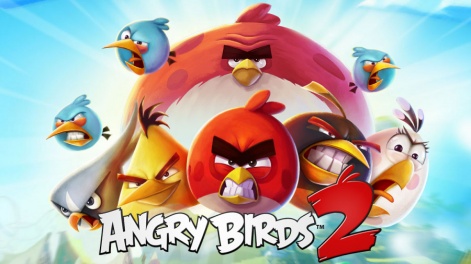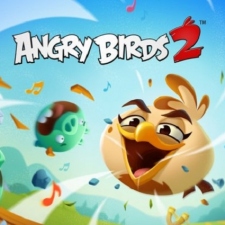Gaming isn’t just a hobby. It’s a thriving industry which generates billions of dollars to the economy and represents countless hours of hard work from skilled professionals focusing on a variety of areas, ranging from art design to marketing.
In some cases, a single game can generate consistent revenue for years, while in others developers will rely on the development of sequels and spin-offs, so when should developers take the approach of updating a game, rather than developing sequels?
With live service games, a particular issue is whether players are willing to abandon their progress, or lose any cosmetics they’ve purchased. Some titles periodically release new characters, for example, each of which needs to be levelled up individually and comes with their own cosmetics. Players may therefore be reluctant to download a sequel if it means losing their progress, especially in cases where they’ve invested significant amounts of money into the game.
Angry Birds, for example, saw eleven spin-offs before receiving a direct sequel. These games didn’t just feature the established characters and art style in new genres, but crossovers with established franchises such as Star Wars and Transformers.

The release of Angry Birds 2 saw a shift in focus, but fans were still dismayed when the original was taken off of app stores in 2019, leading to the #Bringback2012 campaign calling for the rerelease of the original at the peak of its popularity. The result was an updated rerelease, Rovio Classics: Angry Birds, in 2022.
People are often reluctant to accept change, which suggests developers need to strike a balance. While businesses may be understandably keen to capitalise on the success of a title with the production of a sequel, many players may see this as unnecessary, especially if the new release doesn’t do enough to differentiate itself from its predecessor.
A lengthy gap between the original and the sequel can help alleviate the issue somewhat, for one particularly crucial reason: doing so allows for greater technological advancement, allowing for better graphics and better gameplay. While these things can, of course, be implemented into an existing title, a sequel can allow for a new game to be built from the ground up, allowing for these features to be implemented seamlessly from day one.
A game’s continued success can be a double-edged sword
In a game without a strong focus on narrative, it may seem prudent to strike while the iron is hot and develop a sequel to a game experiencing a high degree of success, but players who enjoy the current iteration may be reluctant to shift their focus. As such, it may be best to release a sequel as the popularity begins to wane, capturing the attention of lapsed players with new features and updated graphics.
Of course, this isn’t always the case. Sequels often enjoy massive success even as the original is thriving. Furthermore, franchises across platforms, including live service games, are just as prone to releasing titles which fail to energise fans as any other form of medium.
So when should developers work on a sequel, as opposed to simply releasing updates? Put simply, there’s no universal answer, and developers could do well to go with their gut. If they believe a sequel is justified, there’s a good chance that players will be receptive, but they should likewise be aware of the status of the existing title to gauge whether a sequel is necessary. For many gamers, there’s a difference between capitalising on a game’s potential and simply taking advantage of its success, and by being aware of this difference developers can ensure that any sequels they produce aren’t just good games, but ones that can justify their own existence.























